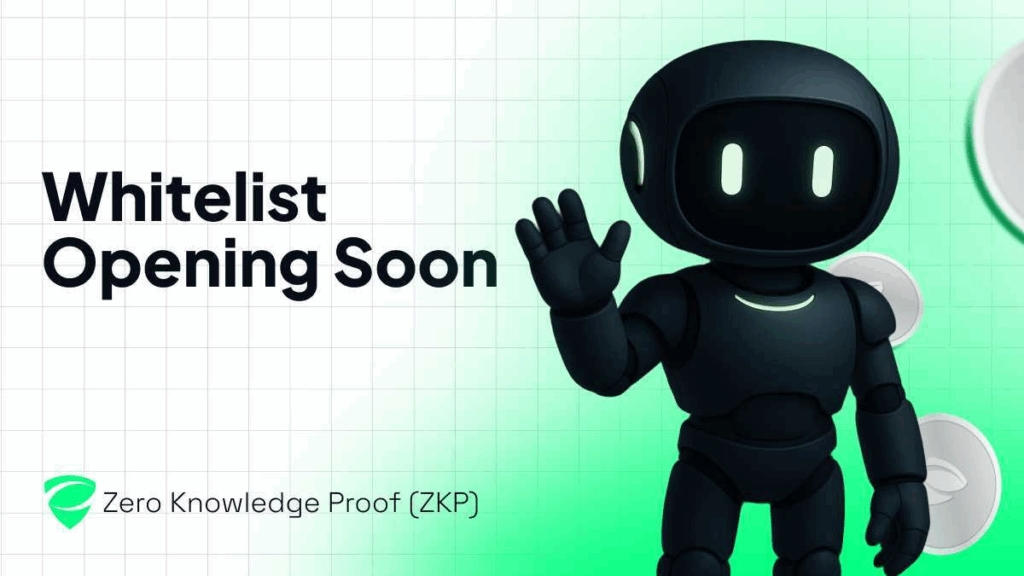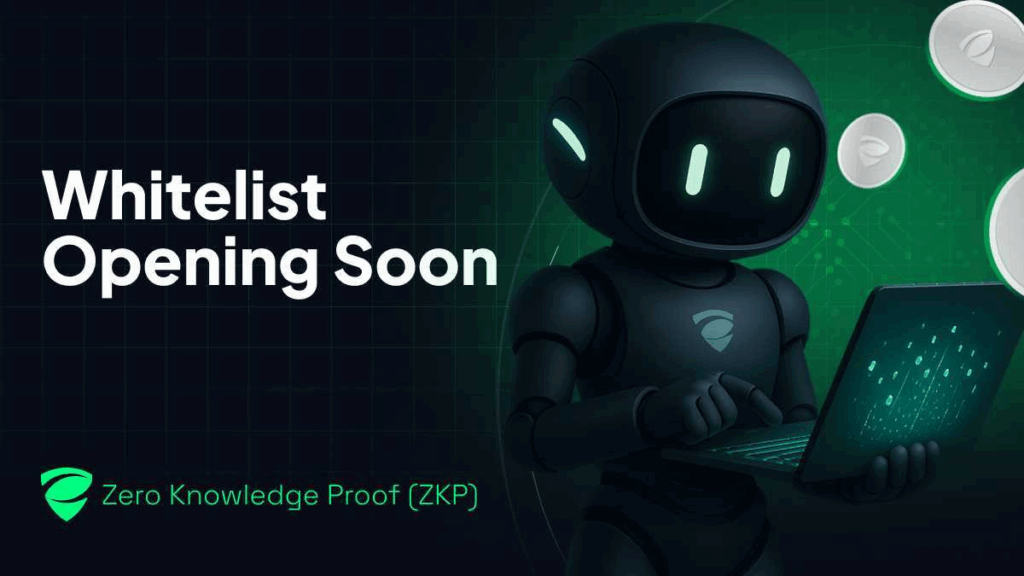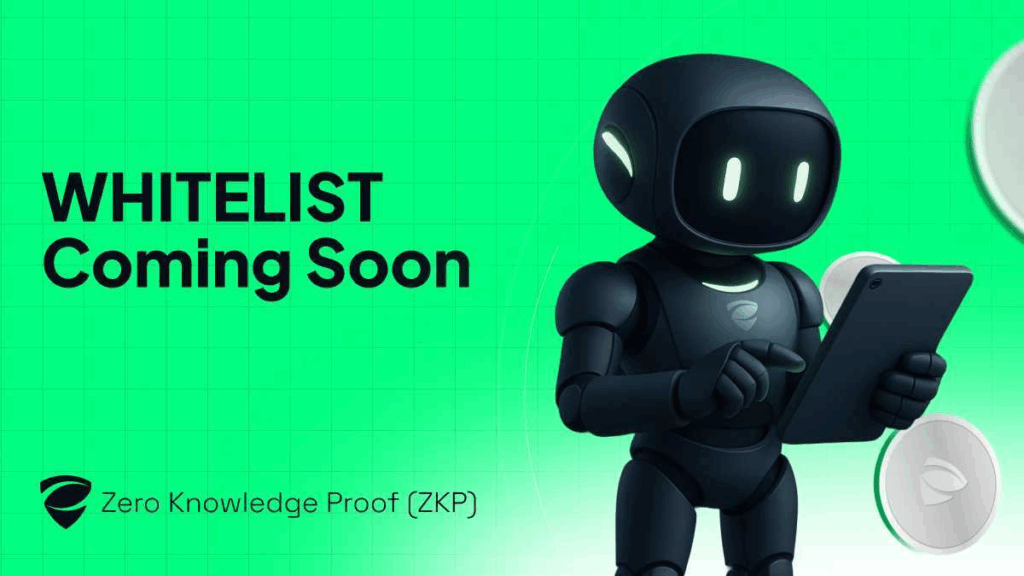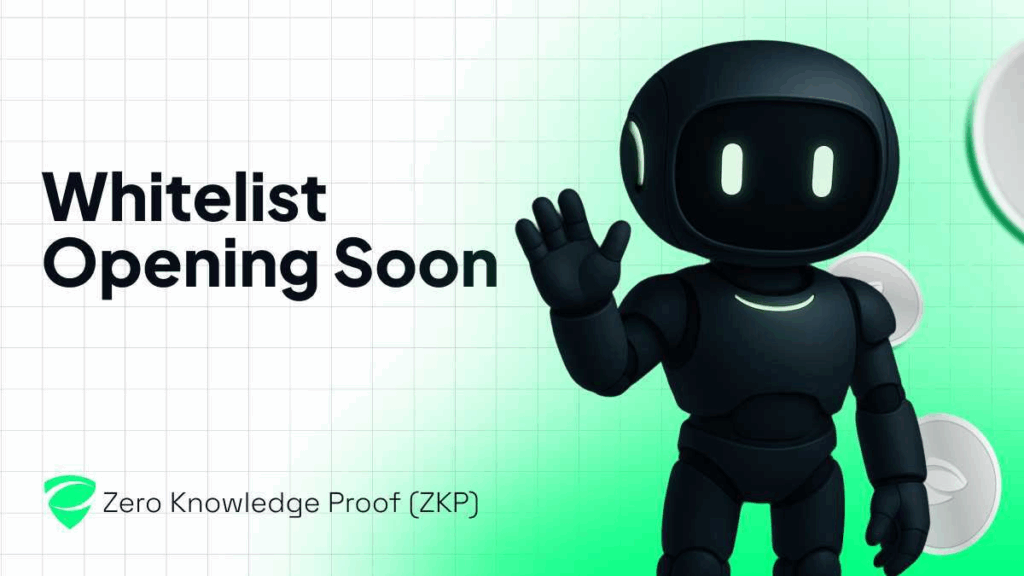Privacy isn’t about secrecy anymore, it’s about control. Zero Knowledge Proof (ZKP) is built on that idea, using selective disclosure to let users prove validity without exposing private data. It’s the missing bridge between privacy and compliance, the exact combination enterprises have been waiting for. Banks can stay transparent without revealing clients, healthcare providers can share results without violating confidentiality, and governments can verify citizens without breaching trust.
As regulatory frameworks tighten worldwide, Zero Knowledge Proof’s architecture stands out as privacy that regulators can actually work with. The whitelist opening soon marks a rare early-access moment for retail, a final chance to enter before large institutions, compliance systems, and public-sector networks begin adopting the network as the backbone of verifiable privacy.
The Power of Selective Disclosure
The secret behind Zero Knowledge Proof (ZKP) isn’t just cryptography, it’s control. Selective disclosure allows users to reveal only what’s necessary, keeping sensitive data private while satisfying legal or compliance requirements. For example:
- A bank can prove it follows anti-money-laundering standards without exposing every client.
- A healthcare provider can validate patient records without sharing medical histories.
- A government agency can verify identity without leaking personal data.
This balance is rare in blockchain systems. Most networks either hide too much (and fail compliance) or expose too much (and fail privacy). Zero Knowledge Proof solves both. As data laws tighten and cross-border transactions demand compliance-friendly privacy, enterprises will need such architecture to operate securely. Selective disclosure doesn’t just meet today’s needs, it’s the framework regulators will approve tomorrow. Retail investors rarely get to front-run that kind of transformation.
Why Enterprises Will Flock to It
Enterprises don’t move fast, but when they do, they move together. Zero Knowledge Proof (ZKP) is built for that kind of migration. Its privacy-first infrastructure doesn’t break existing compliance systems; it upgrades them. Financial institutions can maintain auditability while preserving client confidentiality. Healthcare networks can share verified results between facilities without breaching privacy laws. Governments can modernize identity verification and voting systems without risking exposure.
Why will enterprises flock to Zero Knowledge Proof? Because it delivers:
- Compliance without compromise.
- Data sharing without leaks.
- Trust without transparency overload.
Every regulated industry is under pressure to balance privacy with accountability. The moment one major enterprise integrates Zero Knowledge Proof, others will follow, not out of curiosity, but necessity. When that happens, the system will shift from experimental to essential, and retail entry points will close just as quickly as they opened.
Future-Proofing Privacy in Regulated Environments
Regulatory clarity is coming, and Zero Knowledge Proof (ZKP) is already built for it. Selective disclosure acts as a privacy circuit breaker, giving businesses the power to comply instantly, without rewriting their entire system. That makes Zero Knowledge Proof a rare kind of blockchain: one that regulators can work with instead of work against.
Enterprises will see it as a solution, not a loophole. Governments could verify transactions or identities without accessing private data. Banks could meet international data laws without re-engineering their infrastructure. Healthcare institutions could align with HIPAA or GDPR while keeping medical data protected.
This is where the advantage lies, Zero Knowledge Proof isn’t chasing compliance; it’s anticipating it. That’s why early access matters. When enterprise adoption begins, privacy will become infrastructure, not innovation, and retail participants will wish they had moved during the whitelist phase instead of after the world caught on.
The Retail Window Is Narrow
The whitelist opening soon isn’t just another early-access event. It’s the only moment where retail investors can enter Zero Knowledge Proof (ZKP) before institutional funding and compliance integrations push the ecosystem into enterprise territory. Once financial institutions, healthcare systems, and government agencies start running Zero Knowledge Proof-enabled systems, the valuation and access dynamics will shift dramatically.

Retail rarely gets to participate in technologies before they become regulatory standards. Zero Knowledge Proof is about to cross that line. When privacy becomes mandatory, not optional, blockchain projects without selective disclosure will struggle to survive.
So, this isn’t about hype. It’s about timing. Enterprise adoption will take Zero Knowledge Proof from niche to necessity. Retail participants have a narrow entry window, before regulators, corporations, and global networks make it the default privacy layer for digital transactions and compliance-based systems worldwide.
Summing Up
Zero Knowledge Proof (ZKP) isn’t just another blockchain project, it’s the model for how privacy and compliance can finally coexist. Its selective disclosure technology gives users and enterprises full control over what’s revealed, ensuring trust without sacrificing confidentiality. As global regulations tighten and industries demand verifiable privacy, Zero Knowledge Proof blockchain is positioned to become the standard infrastructure across finance, healthcare, and government systems.
Enterprise adoption is not a question of if, but when. For retail participants, the whitelist opening soon represents the only real moment to get involved before large institutions dominate the ecosystem. Once enterprises move in, Zero Knowledge Proof’s framework will define the next era of digital trust, where privacy is programmable, compliance is seamless, and access for early participants becomes a privilege few will replicate.
Disclaimer: Any information written in this press release does not constitute investment advice. Optimisus does not, and will not endorse any information about any company or individual on this page. Readers are encouraged to do their own research and base any actions on their own findings, not on any content written in this press release. Optimisus is and will not be responsible for any damage or loss caused directly or indirectly by the use of any content, product, or service mentioned in this press release.



